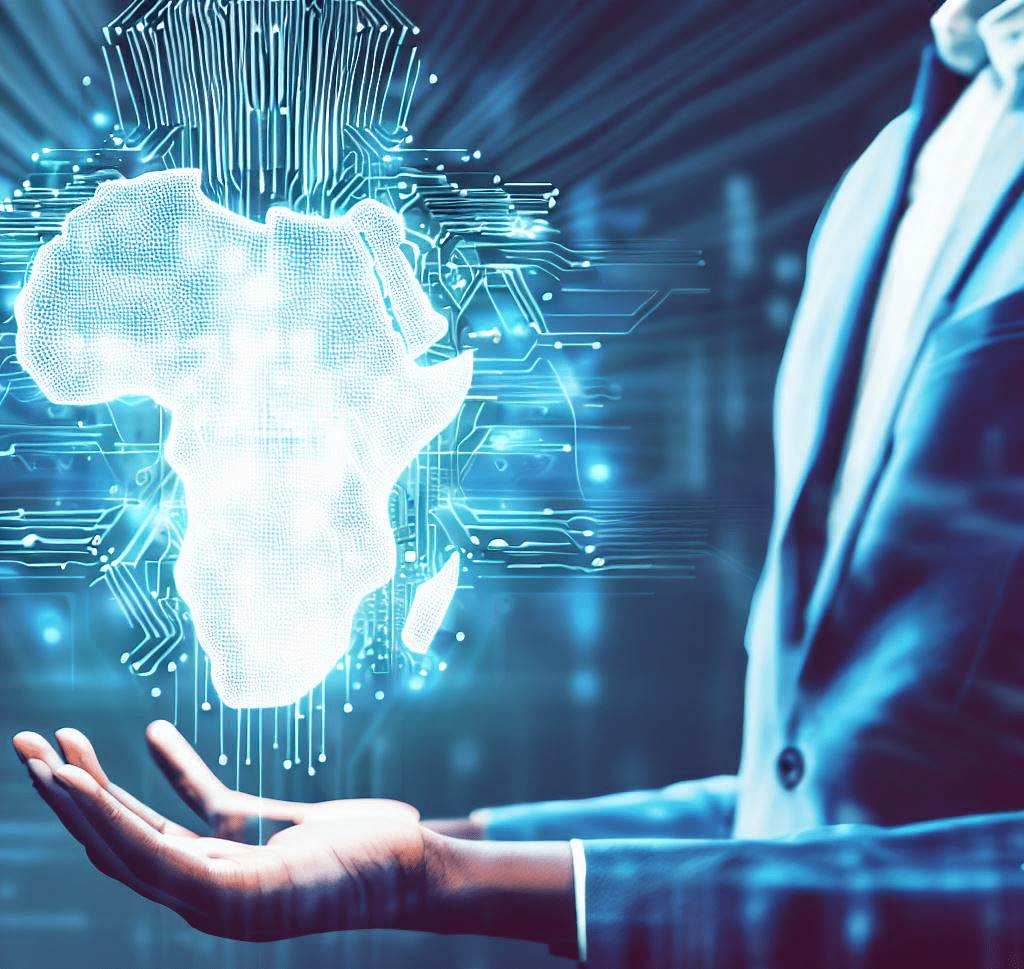Artificial Intelligence (AI) has emerged as a transformative technology and is already revolutionising various sectors across the globe, including health, finance, and transportation. As AI advances and shapes the world, discussions around its regulation and governance must involve diverse perspectives.
We, in Africa, must draw attention to regulation early enough, knowing that African governments are usually late to the party. Talk about African time.
According to a director at Meta, Nick Clegg, the Artificial Intelligence “hype has somewhat run ahead of the technology.” In other words, it is still in its early stages, and Africa should not be late this time.
The reasons are simple: highlighting the importance of inclusivity, addressing unique challenges, fostering innovation, and promoting ethical considerations.
Inclusivity and representation
Unless you were born two hours ago, you already know how Africa misses out on conversations that should have a global spread. Some arguments for this are based on Africa’s deafening quiet nature, and you may not even argue with that school of thought.
However, ensuring Africa’s representation in global regulation talks about artificial intelligence allows for a more comprehensive and equitable decision-making process.
African nations have unique social, cultural, and economic contexts to consider when formulating policies. Their inclusion would help create more relevant and effective regulations in addressing local needs.


Also, we know that artificial intelligence systems can inadvertently perpetuate bias and discrimination, which may disproportionately affect African populations. This can be avoided. But, African stakeholders must advocate for fairness, transparency, and accountability in these systems, thus mitigating potential biases and ensuring equitable access and treatment.
Addressing unique challenges
Africa has many unique challenges, including limited infrastructure, low internet connectivity, and socioeconomic disparities. These factors significantly impact the region’s development and deployment of AI technologies. But participation in global talks can shed light on these challenges and guide the formulation of context-specific policies that address the continent’s specific needs.
Also, now is the time for Africa to leverage AI technologies to leapfrog certain developmental stages and accelerate progress.
By having a voice in global discussions, African countries can advocate for policies that encourage investment in AI research, development, and infrastructure, thereby promoting innovation and economic growth.
Fostering innovation
Africa boasts a wealth of untapped talent and potential in the field of AI.
African experts, researchers, and innovators can contribute their perspectives, share local innovations, and collaborate with global counterparts. This collaboration can foster knowledge exchange and empower African countries to shape AI technologies to meet their specific needs.


Meanwhile, African nations can ensure that regulatory frameworks promote innovation and entrepreneurship. This can attract investment, encourage the growth of AI startups, and stimulate economic development, leading to job creation and increased competitiveness in the global AI landscape.
Ethical considerations
This is the focus of many advocates of AI regulation – in the field of academics and medicine. But, there should be considerations beyond that.
African cultures and ethical frameworks offer valuable insights and perspectives on how AI systems should be developed and deployed. So, with Africa in the mix, the formulation of ethical guidelines and principles that are inclusive, respectful of cultural diversity, and aligned with African values is guaranteed.
The African Nations already driving AI conversations.
Nigeria’s National Information Technology Development Agency (NITDA) has proposed a draft National Artificial Intelligence Policy that would regulate the development and use of artificial intelligence in the country.
A spokesperson at the agency, Hadiza Umar, stated that while Nigeria has a policy for artificial intelligence, it is yet to have a necessary code of practice.
“On AI, as I mentioned earlier, we have drafted the National Artificial Intelligence Policy, which has not yet been approved. Also, the agency is currently developing the Nigerian code of practice for AI. Nigeria cannot adopt the EU and US codes of conduct due to our peculiar situation. But we can leverage on theirs to perfect ours to suit our situation.”
In April 2023, it was reported that South Africa has no laws explicitly regulating artificial intelligence in the country. But, the Minister of Communications & Digital Technologies South Africa (now Minister in the Presidency), Khumbudzo Ntshavheni, said, in 2021, that “on our approach as Africans towards AI innovation, we need to remember that there was the Space discovery, the Arms race, and now – it is an AI race, and we dare not be left behind.


“The onus is upon us to participate in this AI race. We stand a better chance participating through a coordinated and collaborative approach and not competing as countries, universities, research institutions and ICT businesses. There are expertise in region (SADC), and in the continent; however, we need to strengthen coordination within regional groups and organisations in manner that promotes individual country development. For example, Africa can establish AI Centre of Excellence with regional centres that have specific focus areas and ensure no single region is left behind.”
In Kenya, there is no specific legislation(s) governing AI. However, some laws could be used to regulate artificial intelligence, such as the Data Protection Act, 2019, and the Computer Misuse And Cybercrimes Act, 2018.
In Ghana, lawmakers are calling for legislation to govern the use of artificial intelligence. During a debate, Tamale South legislator Haruna Iddrisu sought to justify why the government should regulate artificial intelligence. He said he wanted the country to set up an artificial intelligence council to supervise the use of the technology.
“Who bears criminal liability for machine error when you take advantage of artificial intelligence?” Iddrisu said. “We need to work as a country to avoid being victims of digital colonization.”
Zooming out
The regulation of artificial intelligence is a complex issue, and there is no one-size-fits-all approach. However, countries need to develop appropriate regulatory frameworks for their specific circumstances. These frameworks should be designed to promote the responsible development and use of artificial intelligence while also protecting the rights of individuals and businesses.
And, if there is a global approach to its regulation, there must be inclusivity, and only African governments can ensure that.





